A tragic incident struck the U.S. steel industry this week. Explosions at U.S. Steel’s Mon Valley Works — Clairton Plant in Western Pennsylvania left two workers dead and at least 10 injured, according to Allegheny County and company officials.
The Clairton facility, also known as Clairton Coke Works, is the largest coke-making plant in North America and a vital part of both U.S. Steel’s Pittsburgh operations and broader supply chains across the country. Producing more than 4.3 million tons of metallurgical coke annually, it supplies fuel and reducing agents essential for turning iron ore into liquid iron — the foundation of steelmaking.
What is Coke and Why Does It Matter?
Coke is not a byproduct of soft drinks or pharmaceuticals, but rather the high-grade fuel created by baking coal at extreme temperatures to strip away impurities. The result is a grey, hard, porous material that burns hot enough to power blast furnaces. The Clairton plant alone employs about 1,300 workers and has been producing coke for over a century.
But coke-making is also inherently dangerous. The process generates gases including methane, carbon monoxide, and carbon dioxide — all of which are lethal in high concentrations. Monday’s incident reportedly occurred near coke batteries 13 and 14, massive chambers where coal is baked into coke.
Safety and Environmental Concerns
When the explosions happened, a plume of black smoke rose over Allegheny County, prompting health officials to advise residents to stay indoors, close windows, and switch HVAC systems to recirculate. Hours later, those advisories were lifted after no exceedances were recorded on county monitors.
Still, safety and environmental concerns around the Clairton plant are not new. In 2019, U.S. Steel paid $8.5 million to settle lawsuits tied to soot emissions and odors. Other cases have accused the plant of violating clean air laws, particularly after a 2018 fire damaged its sulfur controls. Earlier this year, a smaller incident involving a battery led to a combustible buildup and audible “boom,” though no serious injuries were reported.
A Community in Mourning
The explosions this week are the most serious in recent years, and they have shaken both the steel industry and the Pittsburgh community. For decades, Clairton and the broader Monongahela Valley have been tied to America’s steelmaking identity — from Andrew Carnegie’s mills to the present-day plants that earned Pittsburgh its nickname, “The Steel City.”
Local workers, residents, and industry voices are now left to grieve while also asking bigger questions: How can America balance its reliance on traditional coke-based steelmaking with modern, safer, and cleaner alternatives like hydrogen or electric-arc furnace technologies?
Moving Forward
At Pro Steel Services, we recognize that steel is the backbone of modern infrastructure, but the safety of workers and communities must remain paramount. The tragedy at Clairton is a sobering reminder of both the risks involved in traditional steelmaking and the urgent need for investment in innovation, safety, and sustainability.
Our thoughts are with the families of the victims, the injured, and the entire Pittsburgh steel community during this difficult time.
📌 Source reporting: Allegheny County, U.S. Steel, and related news outlets.


